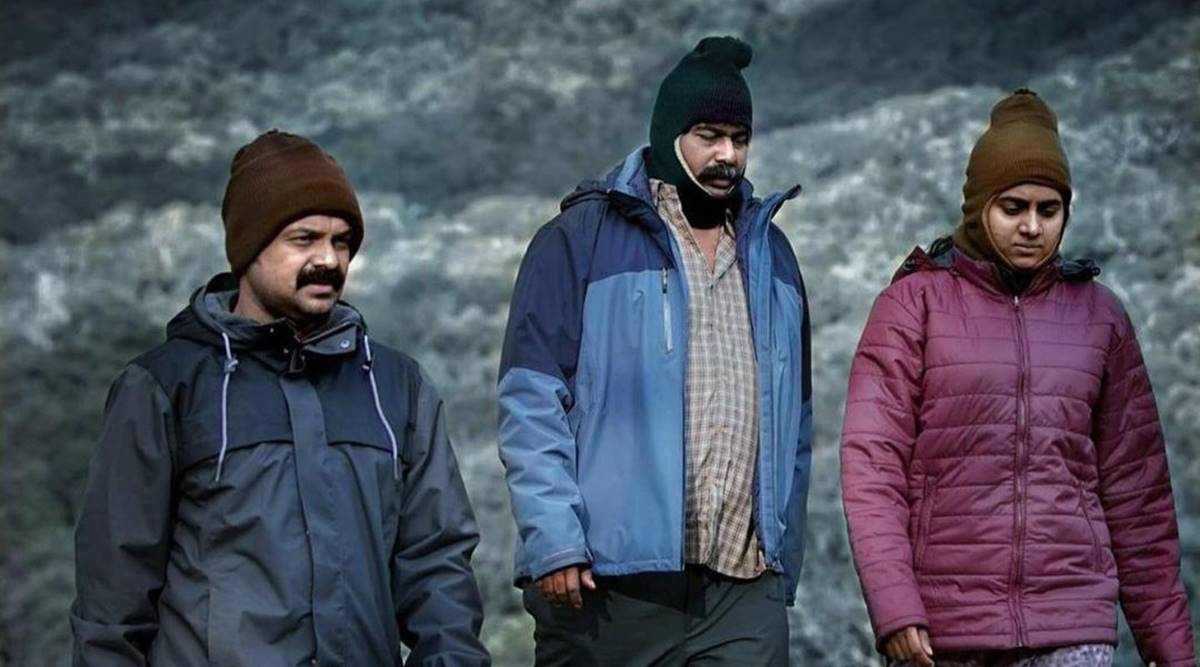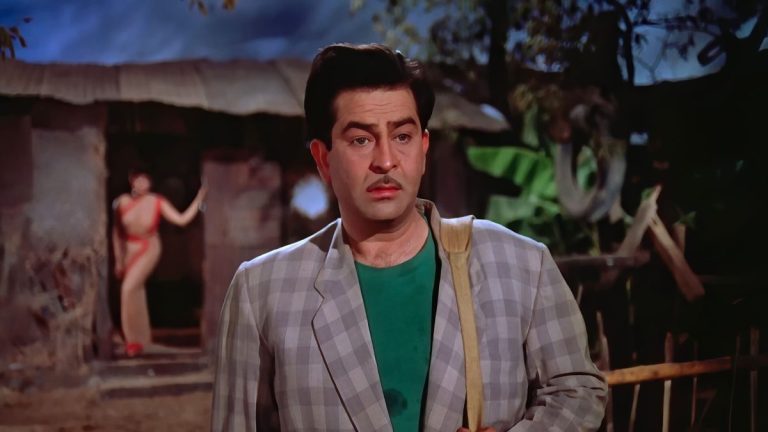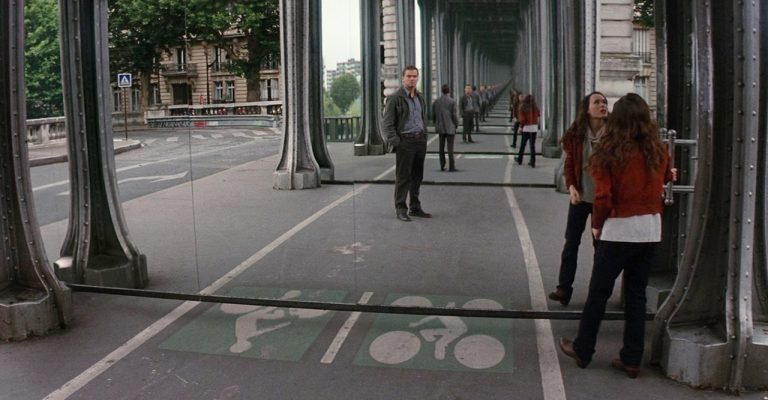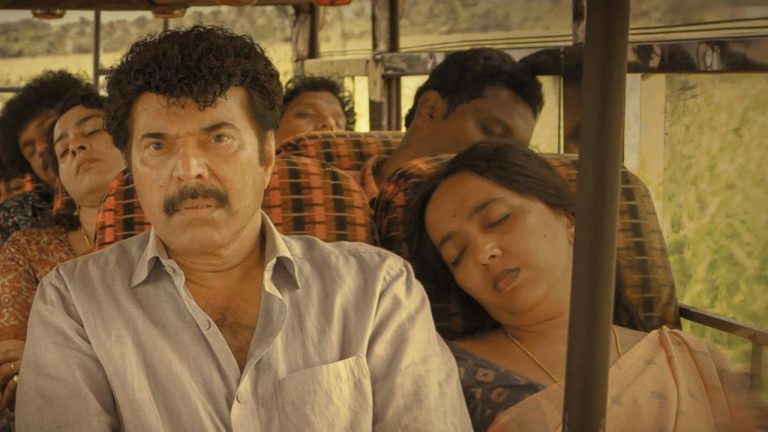****Warning: Spoilers*** Critics and viewers alike are hailing the 2021 movie Nayattu, directed by Martin Prakkat, as a bold step in the Malayalam film industry, owing to its commentary on the realities of caste and abuse of power in the state. Even though a large majority of reviews are showering praises on the movie’s plot, acting, and all other aspects, the film caters to existing stereotypes, shows a false sense of agency associated with an oppressed community, and is a half-assed attempt to engage with the topic of caste.
Most opinions about Nayattu I have come across have been similar to – ‘the film is realistic since it portrays how politics influence the police and thereby the justice system. Also, vote appeasement exists and the movie shows how the politicians misuse their power for the same.’
The Gist of the Movie
The story involves three police officers Praveen (Kunchacko Boban), Sunitha (Nimisha Sajayan), and Maniyan (Joju George) (the latter two are Dalit), on the run after they are falsely accused of murdering Jayan, a Dalit man who had in fact died by accident. Due to a brawl that took place earlier inside the police station between the two male officers and Biju, another Dalit man, the issue blows up in a way that could have far-ranging implications to the state (read: elections). Soon, the three find themselves tailed by their own colleagues and superiors, with evidence against them piling up on the other side.
Similar Read to Nayattu (2021) : Article 15 (2019) Netflix Review: An Outside’s Outburst
Feel bad for the three already? I don’t blame you, but the film isn’t that simple.
Dalit Representation
To begin with, the violence inflicted on a Dalit man inside the police station is unfair. After the assault, the police even use their power to take him into custody and lock him up. From here on, there is a visible dichotomy between the ‘political’ Dalits – who are not well-mannered or civilized enough, and they’re there just to create problems and chaos out of any situation (whether they have the kind of hold to create such ruckus spontaneously and apply political pressure without facing any severe repercussions is another question), and a few good Dalits who by virtue of being a police officer and serving the police force without any blots show us how they actually should be like. Subtle cop propaganda much? After the accidental death (which drives the entire plot), this distinction exacerbates even more.
The entire movie portrays the Dalit community as a rash, unpredictable demographic owing to the “influence” it holds over elections. This seems very much like a fantasy as no Dalit organization in Kerala has enough power or visibility compared to their savarna counterparts. The creators thus disproportionately inflate the disruptions caused by these organizations in the aftermath of the Dalit man’s death. If you truly believe Dalit political groups wield enough power to sway election results, it will be prudent to go back to the Walayar case. And, if you aren’t even aware of the case, then it’s time to recheck whether it isn’t too soon for you to openly support the movie’s politics.
Similar Read to Nayattu (2021) : Nayattu (2021) Netflix Review: A Taut Thriller of Contradictory Politics
By the conscious interchange of the dynamics of the ones who hunt and the ones being hunted, the filmmakers, deliberately or not, are taking the focus away from the issue of caste discrimination and injustice meted out to them – be it custodial violence or murders or police encounters.
Contributing to Prejudices
One of the scenes openly shows a Dalit leader asking for allotments in a college in return for keeping any possible consequences of the earlier altercation under control. This practically shows Dalit aspirations in a bad light, hinting that such material ambitions are what primarily drives them. Is that really the empowerment they are working towards? This is especially frustrating, considering the kind of flak DBA communities are still facing over the subject of reservations and representation. I don’t know about you but if these kinds of instances are what the filmmakers use to show Dalit lives in mainstream media, they are grossly underestimating their effect on the already strong hostility towards the DBA communities.
Related Read to Nayattu (2021): Modi And A Beer (2020) Review: The Micro Politics of Domination
After consuming such plots, the next time someone from the community is the victim of an atrocity, isn’t there a huge chance the collective bias against them will get stronger, thereby increasing our doubts that the victim’s claims could, after all, be baseless? In such an atmosphere, won’t such stories serve savarna narratives which strive to demonize and dilute legislation like the SC/ST Act, saying they are just tools for misuse? We need to understand who the state is oppressing here.
The three police officers become ‘prey for the hunters’. But, was there actually any incentive for the accident victim’s relatives and friends to give the benefit of doubt to these officers, considering the attack that happened inside the station earlier? Not really. And the officers are not held accountable anywhere in the movie, not even as a fleeting remark. This more or less reinforces the idea in the audience’s minds that the fault had always lain with Biju. So, can we blame them for coming out to the streets and protesting his death? Again no. But the protests are visualized in a misleading and absurd way, and this is where the movie loses me.
Identity of the protagonists
I also find it difficult to believe that two of the three protagonists in the movie are (conveniently) Dalits too. It could be the creators’ bias creeping in unintentionally, but it feels like they used the plot device to mask the film’s anti-DBA nature under the guise of active representation (Dalits cause all the problems in the movie. Mind-blowing stuff). A gentle reminder, violence perpetrated by a Dalit officer on a Dalit man still qualifies as police brutality. Identities do not excuse much here. In the end, providing a Dalit identity to the movie’s protagonist(s) does not serve anything other than fitting into the story’s political tone.
Also, Read: The 20 Best Indian Movies of 2020
Another obvious flaw with the movie is how it builds up to a climax that basically blames the status quo, concluding that whatever happens is the fault of the system. By ending the movie in a mostly ambiguous note, it even refrains from taking an active stance.
Conclusion
As a privileged person, I do realize that I am in no way qualified enough to give a nuanced take on what exactly went wrong with the movie’s politics. But at the same time, there are many elements in the movie that cannot and should not be taken for granted. It does not just end with whatever has been mentioned above.
Also, Read: 10 Great Malayalam Movies To Stream On Amazon Prime Video
Arguments about how Nayattu (2021) is a technically well-made movie are irrelevant here. In the end, it is nothing short of a fictional tale detached from reality in today’s socio-political scenario, which an overwhelming majority of privileged, savarna audience will find no fault with. And I cannot help but assert repeatedly that the movie only serves to damage the anti-caste awareness in Kerala, if not elsewhere too.



![The Estate [2021] Review: A dark comedy thriller that barely manages to survive its own motives](https://79468c92.delivery.rocketcdn.me/wp-content/uploads/2021/10/THE-ESTATE_FRAMEGRABS_65-768x318.jpg)




